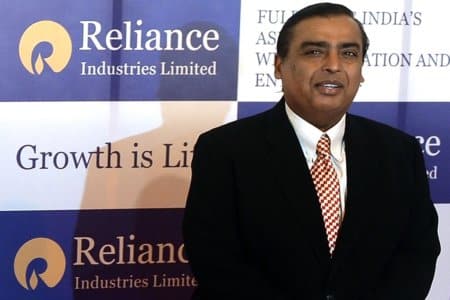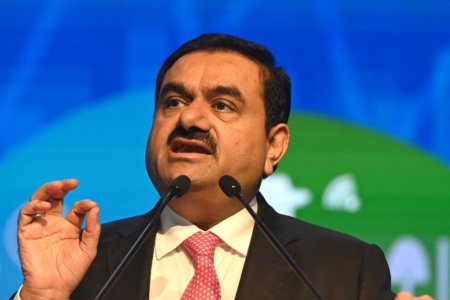
Ask anyone working in finance and investments, and they’ll likely recognise Brahmal Vasudevan.
He is best known for being the founder and CEO of Creador, a private equity firm based in Malaysia.
Under his leadership, Creador established itself as a leading investment firm focusing on growing emerging markets, particularly in Southeast Asia.
The CEO has proven to be a seasoned entrepreneur with a keen eye for good business deals and strategic takeovers.
Recently, Vasudevan has been in the news for selling his stake in MR DIY, a Malaysian-based home improvement retailer.
MR DIY sells everything from hardware to home furnishing to electrical items, down to toys and cosmetics.
The one-stop store serves about 188 million customers across 2,000 stores in Malaysia, Thailand, Indonesia, the Philippines, India, Turkey, Spain, Singapore, Brunei, and Cambodia.
When the retailer was listed on the local stock exchange, Bursa Malaysia, in early 2020, Creador held a 15.3% stake at 1.60 Malaysian ringgit (0.34 US dollars) per share.
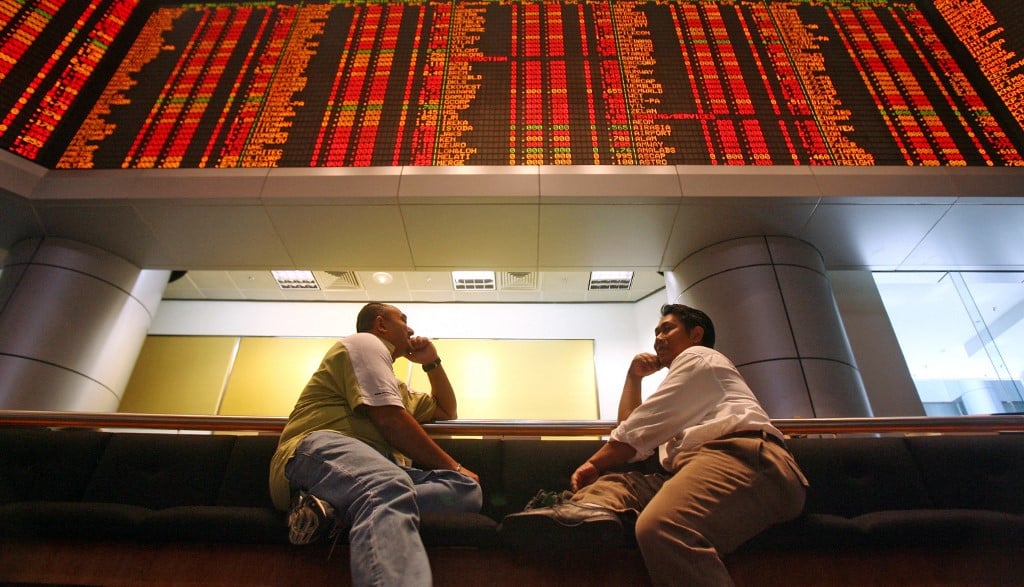
Creador bought over shares from MR DIY, which was listed on the Malaysian stock exchange. Source: AFP Photo
Brahmal Vasudevan is one of the many successful Malaysian tycoons
When it comes to the most prominent tycoons and wealthiest people in business or technology, we tend to associate them with Americans or Europeans.
But we rarely hear of more local heroes — the ones who drive the economy on our own soil while investing millions into bigger companies overseas.
According to Forbes World Billionaires List, 18 Malaysian billionaires made the list. Here’s a look at the top five billionaires and how much they are worth:
- Robert Kuok (#146) — US$11.3 billion
- Quek Leng Chan (#179) — US$10 billion
- Ananda Krishnan (#511) — US$5.1 billion
- Koon Poh Keong (#699) — US$4 billion
- Chen Lip Keong (#1067) — US$2.1 billion
The wealth they have amassed totals US$48.3 billion, so it’s safe to say they’re swimming with the big boys.
So, how did Brahmal Vasudevan earn the nickname “King Midas”?
Let’s find out more about the man behind Creador:
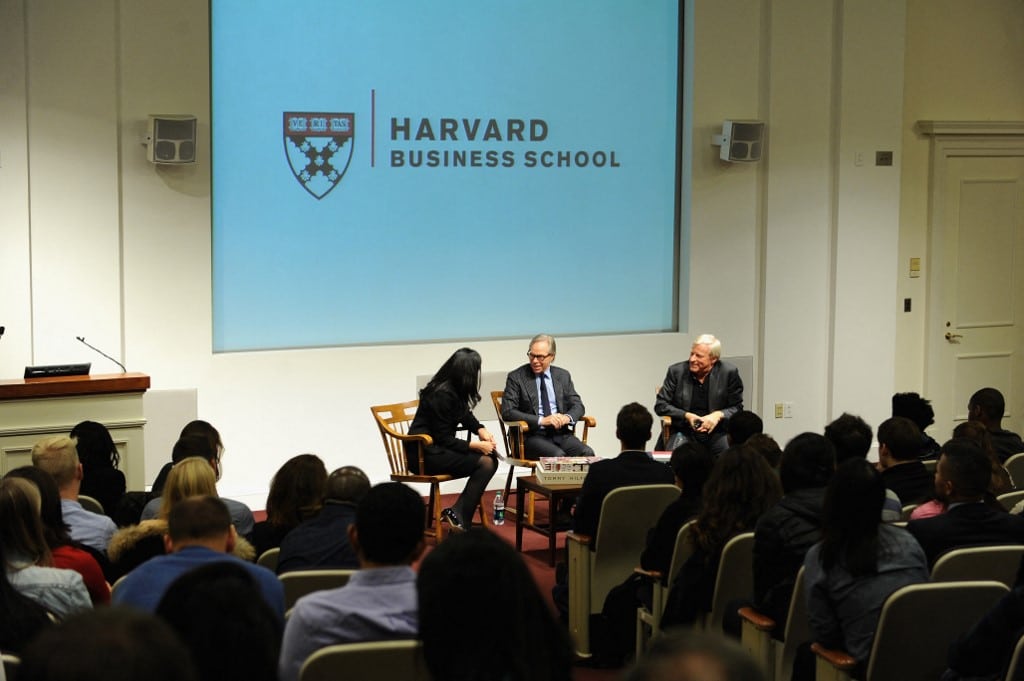
Harvard Business School is where Brahmal Vasudevan pursue his MBA. Source: Craig Barritt/Getty Images for Tommy Hilfiger/AFP
The life and education of Brahmal Vasudevan
Brahmal Vasudevan was born in 1968 in Malaysia.
His father was a lecturer while his mother was a teacher; both were civil servants and pretty relaxed, according to Vasudevan.
Vasudevan only has one other sister, who eventually went to Canada to further her studies and remained there.
He started his secondary schooling at the Bukit Bintang Boys Secondary School from 1981-1985.
He enjoyed school but never felt pressured to be the best or to get top marks by his parents. “They allowed me to do my own thing and find my own space,” he shared in an interview.
Later, Vasudevan decided to move to what he thought would be greener pastures. He chose the UK and attended Collegiate School, a private day school in Bristol.
Here, he completed his A Levels and was ready for the next step of his education journey. The Imperial College of London caught his eye, and he wanted the institute to be his next pit stop.
However, like many before him, he didn’t know what to study.
“I was deciding between engineering and business. I thought if I did engineer, I could always go back to business, but not the other way round,” he says.
“At 17 or 18 years old, I felt there was a lesser risk in doing engineering as a subject. It’s really a way of thinking and resolving problems.”
Switching to other fields like accounting, business, or finance was something Vasudevan reckoned was plausible if you studied engineering.
He chose to stick with the field and developed an interest in commerce as well as how a person can make money in life.
All this was enjoyable to him, and because of that, he worked hard to achieve top grades.
As a result of that, he graduated with first-class honours in Aeronautical Engineering in 1990.
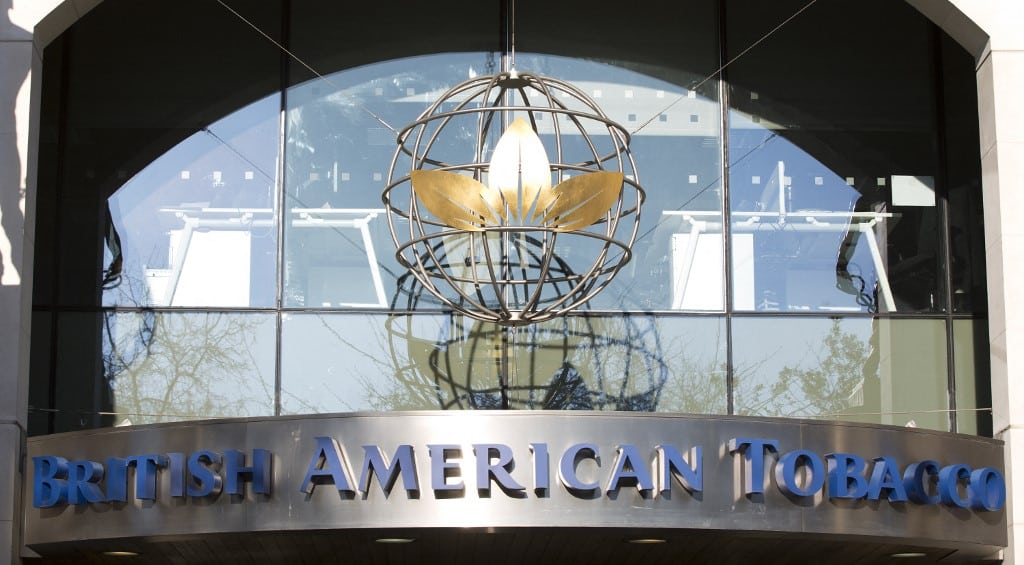
British American Tobacco 17, 2017. British American Tobacco was one of the companies where Brahmal Vasudevan got a start in his career. Source: Isabel Infantes/AFP
Working at British American Tobacco and pursuing his postgraduate education
A year later, Vasudevan expanded his skillsets with the British American Tobacco (Malaysia) Berhad (BAT), where he learned marketing.
One of the main reasons that compelled him to seek out a role here was the fact that they had a management training programme.
BAT had a highly structured programme exposing people to different business functions, which was clearly very interesting. “I learned a lot through that whole year,” he shares.
The Malaysian would leave BAT to join Boston Consulting Group, where he took on the role of an associate consultant — but he would move back with BAT to the UK.
Still, he wasn’t ready to stop studying and wanted to continue furthering his education.
This time, he chose one of the Ivy’s — Harvard Business School.
Vasudevan completed his Master of Business Administration (MBA) in 1997, at the peak of the dot-com era.
He moved back to Malaysia and found a job at Astro, a satellite television company, where he became the Director of Marketing.
Considering that he had interned at Maxis and Astro during the summer, he was well aware of what pay television was and what appealed to people, especially since it was a rather new industry.
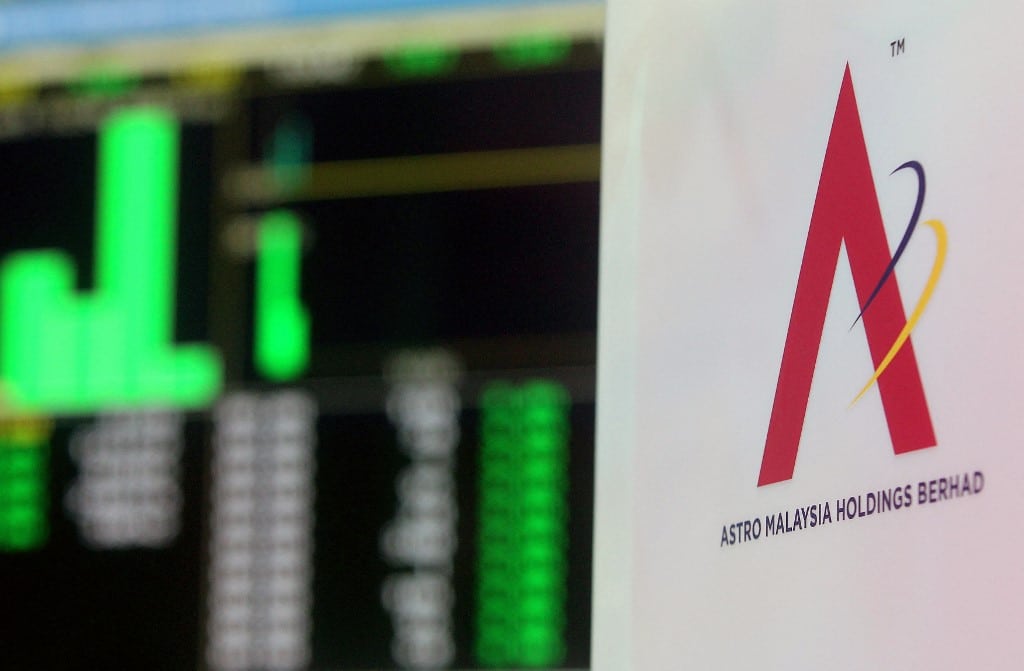
Astro Malaysia was one of the companies Brahmal Vasudevan worked at. Source: AFP
Brahmal Vasudevan’s rise to the top
“Nothing was planned at all, and I sort of fell into everything along the way,” Vasudevan says about his meteoric climb up the ladder.
In fact, his mother had a helping hand in him landing job roles from the start.
“My mother saw a newspaper ad, cut it out, and sent it to me, and I applied. The same went for Boston Consulting Group; it was an add from the paper.”
Vasudevan maintains there was no five-year plan he stuck with but credits the opportunities that were made available to him at each turning point in his career.
At the end of 1999, Vasudevan’s friends started a private equity fund in India. A year later, he joined them.
He had always wanted to be a part of something more entrepreneurial while building something from the ground up and creating wealth for himself and his family.
“I had a lot of friends from business school that moved to Silicon Valley and were doing well. They had put away nesting eggs for their future,” he says.
However, being Asian, Vasudevan reckons people were built to be risk-averse and slightly more afraid.
“People always think, what if I fail, what will I do or what will my parents think? I do think that is inherently changing these days, though.”
Despite not taking any investment units in business school, he brought something completely different to the table at ChrysCapital.
In the first four to five years, Vasudevan ran the US office out of India, where they made cross-border investments between Indian companies and the US.
The company continued growing, as India offered a huge talent pool at half the price.
Vasudevan could have continued living in India for the next 50 years, but he always had a desire to come back to Malaysia.
“The question was how we could build a business out of Malaysia using the same style we had. But Malaysia was too small, so we proposed to use it as a hub and serve the region,” he says. (
People refused to believe him and told the Malaysian that Singapore was the place to be.
But Vasudevan was adamant that Malaysia could be it — and he wanted to show people that he could do this.

Brahmal Vausdevan was determined to make Malaysia a hub and replicate what he did in India. Source: Odd Andersen/AFP
Brahmal Vasudevan introduces Creador Sdn Bhd
Creador was born in 2011. Starting off wasn’t easy, but Vasudevan persevered.
The company raised its first US$130 million vehicle in 2013, followed by a US$331 million second fund backed by Hamilton Lane, Siguler Guff, Quilvest, a Malaysian pension fund and a U.S.-based endowment fund.
For its third fund, Creador raised US$415 million.
They began taking advantage of lower market conditions; one of their first deals was with Old Town White Coffee which was trading 10% below its IPO price.
Later, Creador ventured into MR DIY and purchased 15.3% of the stake upon its IPO completion. It successfully trimmed its stake in the last 12 months before selling it all off completely.
This year, Creador acquired a 14.7% stake in CTOS Digital Bhd at RM1.35 per share.

Brahmal Vasudevan became highly skilled at managing shares and stock for the companies he acquired. Source: Michael M. Santiago/Getty Images/AFP
The company offers a broad suite of innovative digital products and credit risk management solutions and services.
Food supplies were not left off the list. In 2017, Creador invested RM57 million in a stake in Bake With Yen Group (BWY), a baking ingredients speciality chain in Malaysia.
This marked the 26th investment for Creador and the 10th in Malaysia.
BWY was a smart move; the group grew into a 15-outlet retail chain with a presence in East and West Malaysia.
Despite the impressive local growth, the baking ingredients industry is still highly fragmented by mothers, pop-up shops or even smaller chain stores.
Disclaimer: This article was updated on October 21, 2025.









